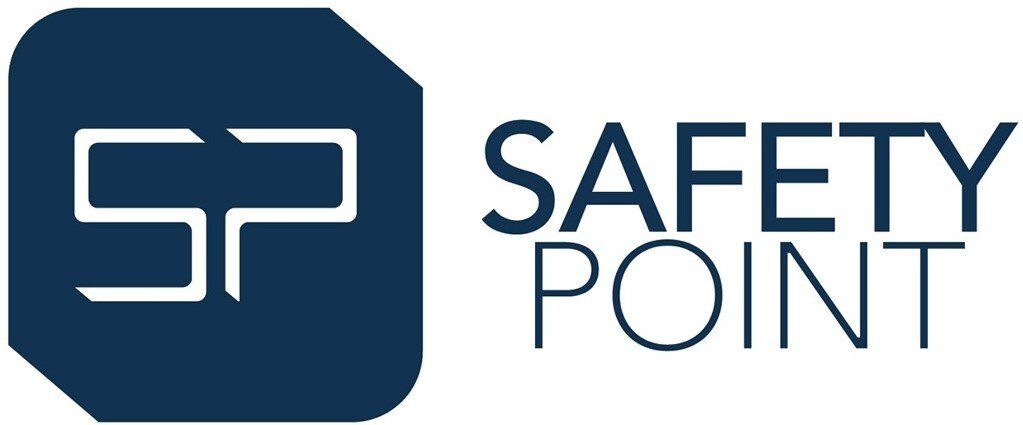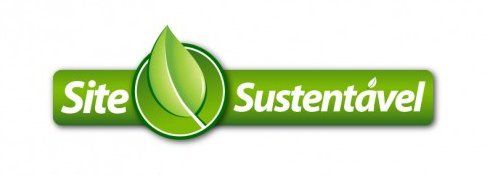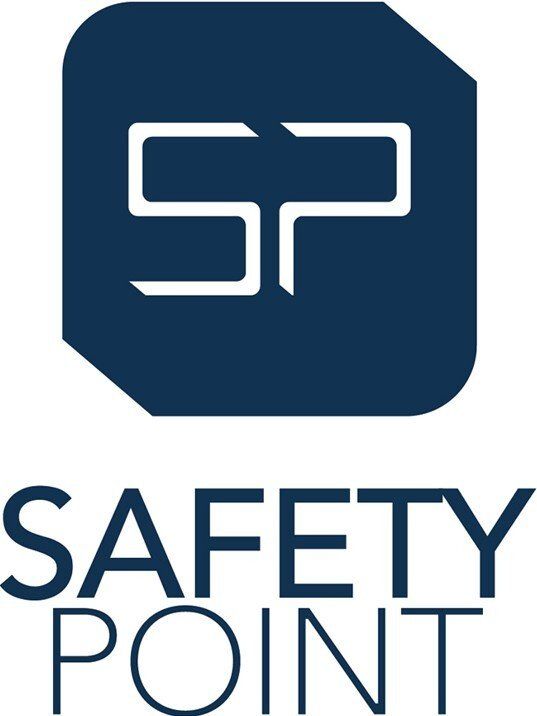THE BEST IN ENVIRONMENTAL MANAGEMENT, YOU FIND IT HERE!
Environmental management and protection represent a process of safeguarding the environment by monitoring the interaction of humans with their environments and the various components therein.
DISCOVER OUR SERVICES!
Safety Point is an environmental engineering and consultancy company that offers sustainable solutions for the most varied segments of the economy. We have high technology in our services, such as capturing aerial images for data collection with a Drone registered with ANAC, using products with quality and environmental certifications. Qualified professionals who constantly undergo training and qualification processes. We work according to the standards of the Ministry of Labor, ABNT, Crea-RJ, Fire Department, Port Authority and ANAC. Our goal is to provide the best service in environmental consultancy and engineering. We are always ready to meet your needs in environmental licensing, environmental management system audits, solid waste management and environmental studies and reports.






